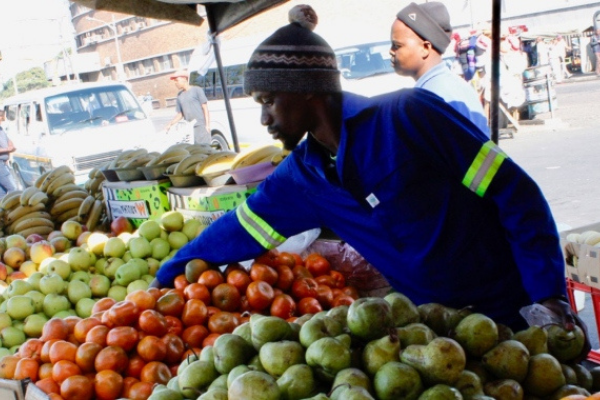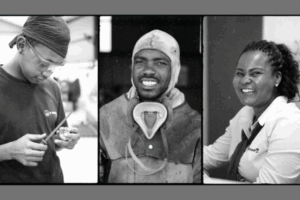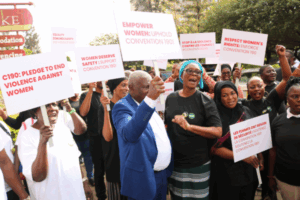Informal workers constitute 30% of working people in South Africa. Some of the informal workers have employers and others are self-employed. In a statement issued on 20 March 2020, the network of worker organisations said the most vulnerable of the informal workers with employers are domestic, agricultural, and taxi workers who aren’t registered for employment-related social security schemes such as Unemployment Insurance Fund (UIF) and Compensation for Occupational Injuries and Diseases Act (COIDA). Additionally, there’s widespread non-compliance with relevant labour laws, including the Basic Conditions of Employment Act (BCEA) and sectoral determinations.
“Nearly one in every five of all workers who have an employer, are informal in this sense. This means that in the current coronavirus crisis, where our jobs are at high risk, we have no social security to fall back on. And most of our employers ignore the law with regard to paid annual and/or sick leave. We have little or no expectation that our employers will follow either the COVID-19 Advisory or the Workplace Preparedness Guidelines published by the Employment and Labour Department…”
“We too have nothing to fall back on. We provide affordable goods and services to communities, some of which, like the collection of recyclables, create huge savings for municipalities. But none of the statements from the Employment and Labour Department address the fall-out we are currently experiencing, and which we know will get much worse.”
The interventions required
- The mass provision of protective masks and gloves to all informal workers, especially those working with members of the public, organic and waste materials, and where cash exchanges hands;
- The mass provision of water, soap and sanitizers in public spaces, and especially the workplaces of informal workers
- Health guidelines directives for different sectors of the informal economy
“Our voices must be heard in finding solutions to the current COVID 19 crisis, but also in finding lasting solutions to the long term crisis of poverty, inequality and unemployment. Now is the time for worker and community solidarity the likes of which we have never seen before.
Watch: How reclaimers bargain – The struggles and successes of a worker organisation







